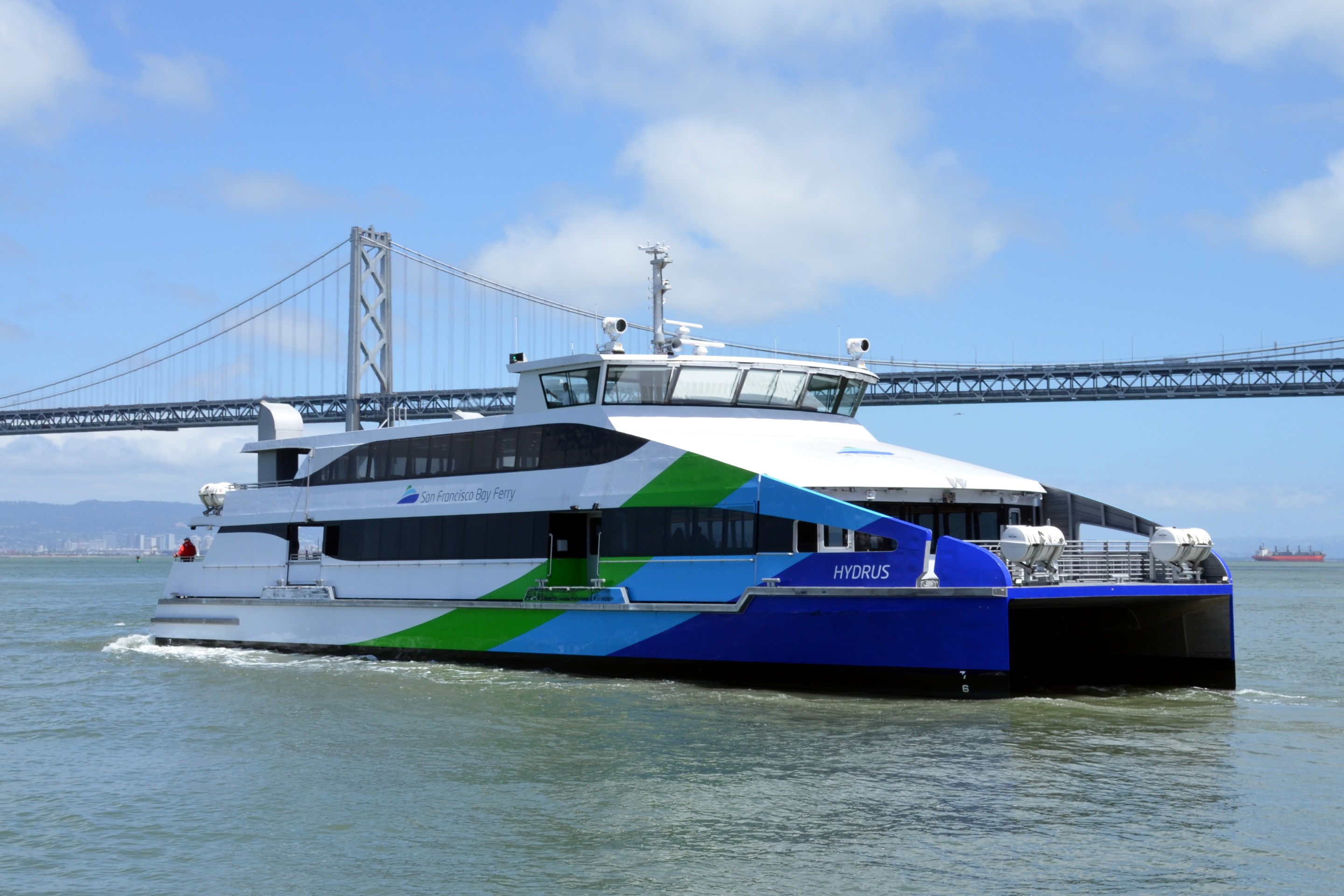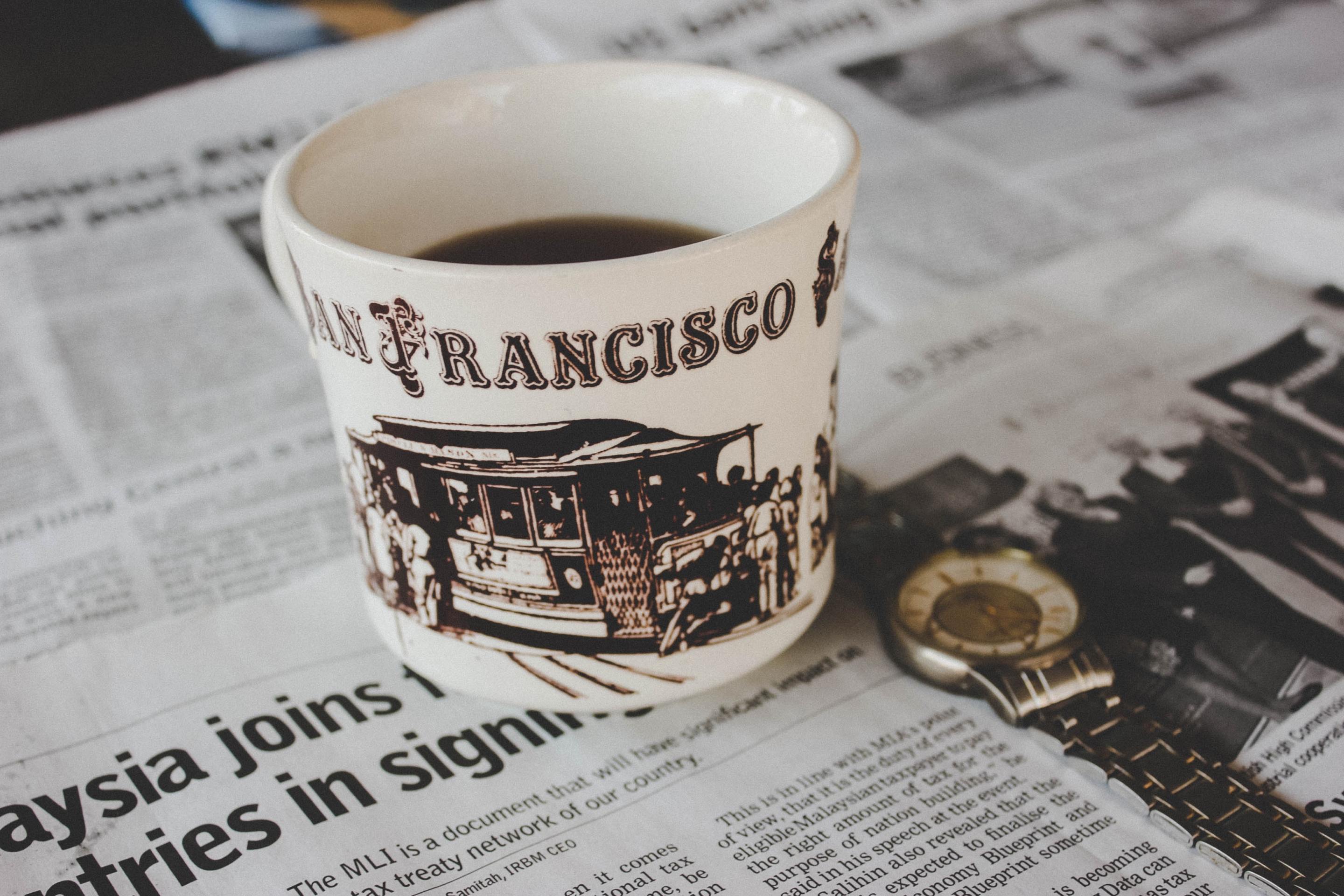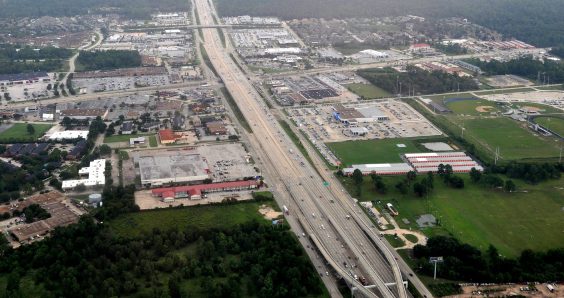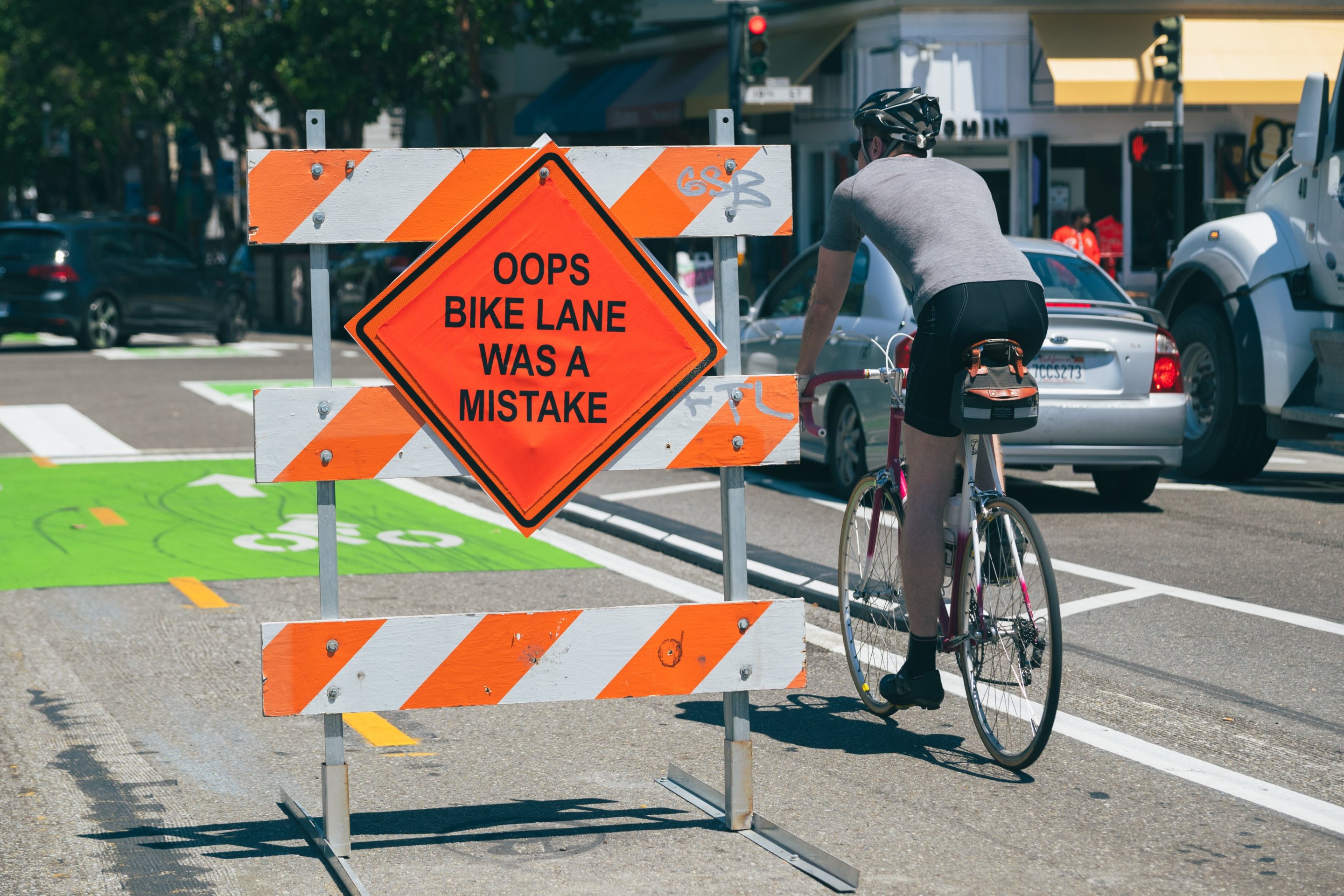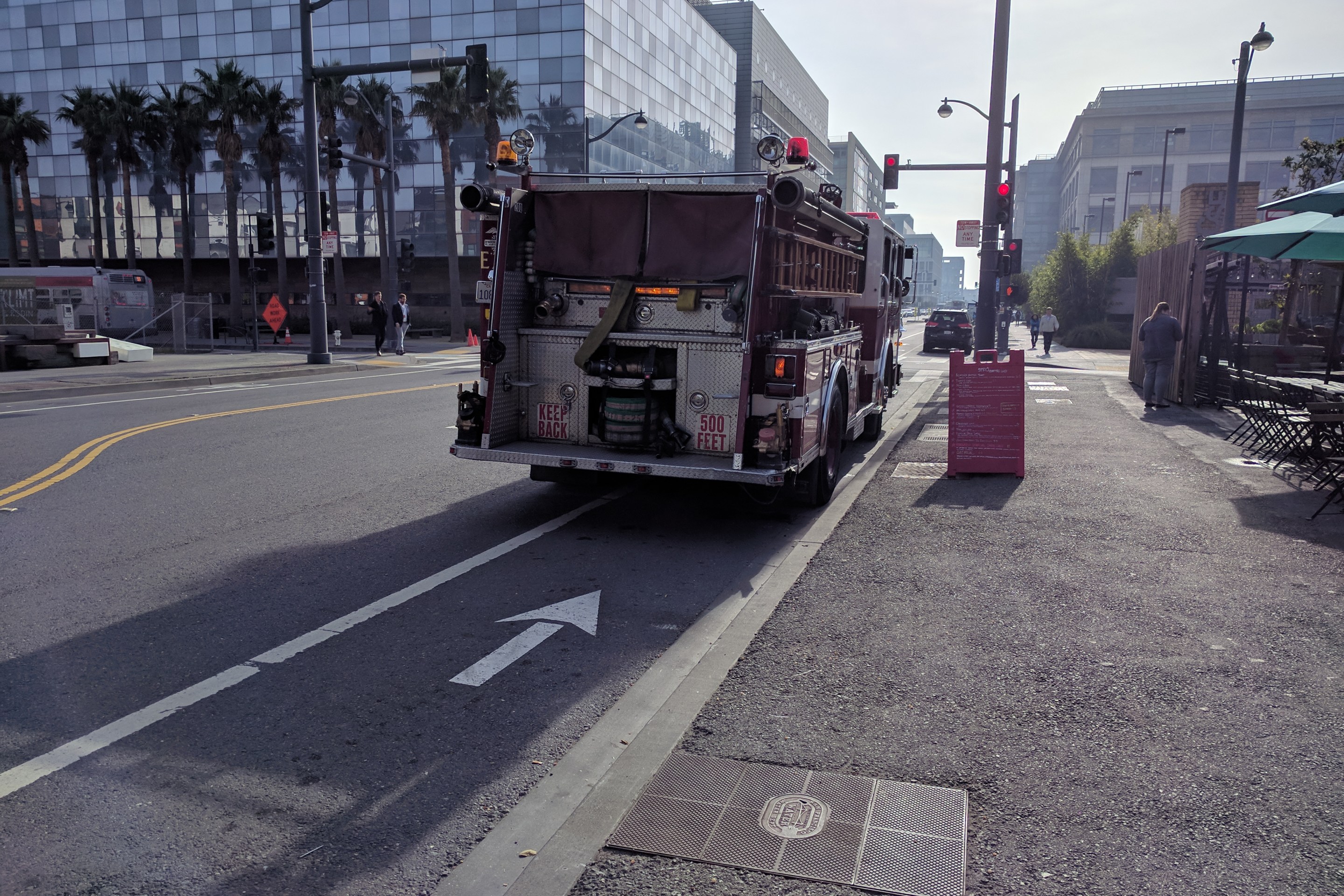Commentary: Action Items for Reducing Fossil Fuel Use
3:33 PM PDT on June 1, 2022
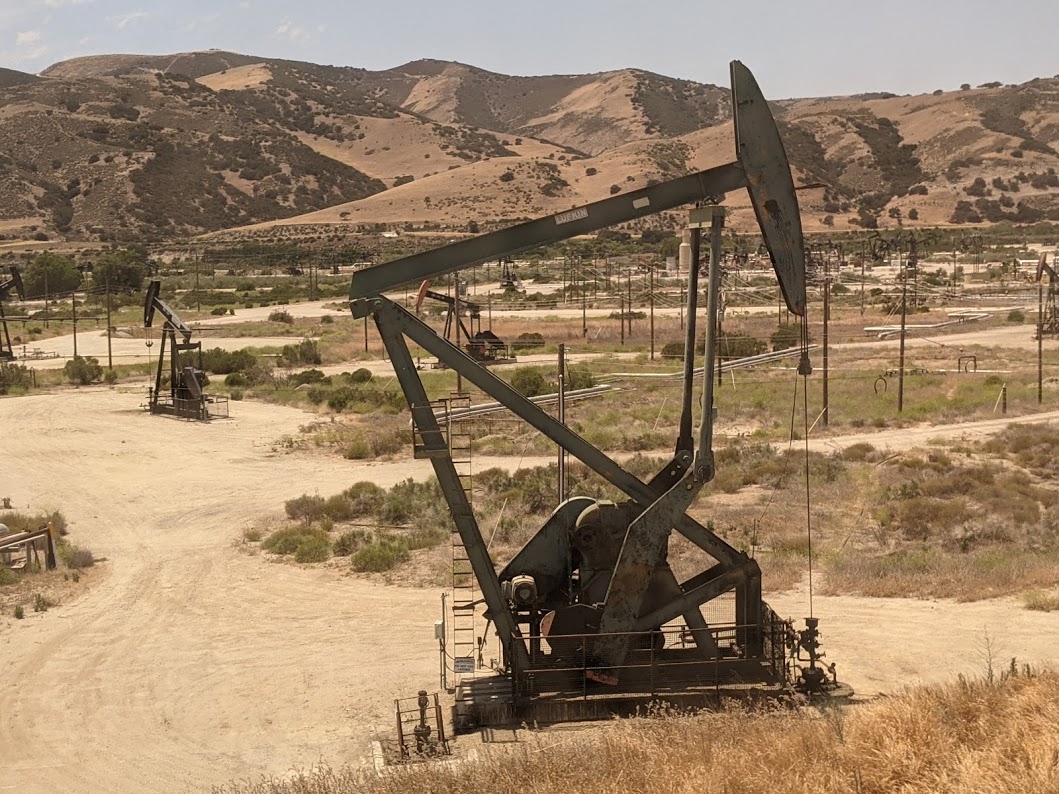
Oil wells in the Salinas Valley. Photo: Streetsblog/Rudick
Note: GJEL Accident Attorneys regularly sponsors coverage on Streetsblog San Francisco and Streetsblog California. Unless noted in the story, GJEL Accident Attorneys is not consulted for the content or editorial direction of the sponsored content.
Russia, the world’s number-two oil and natural gas producer, invaded Ukraine in February. Reducing the consumption of Russian oil and gas is now an ethical imperative. Meanwhile, the climate crisis is accelerating. It is urgent that we start eliminating all fossil-fuel use, not just Russian fuel.
But can we sharply decrease our dependence on oil and gas in the near-term – months, not years – and then continue decreasing it over the longer term?
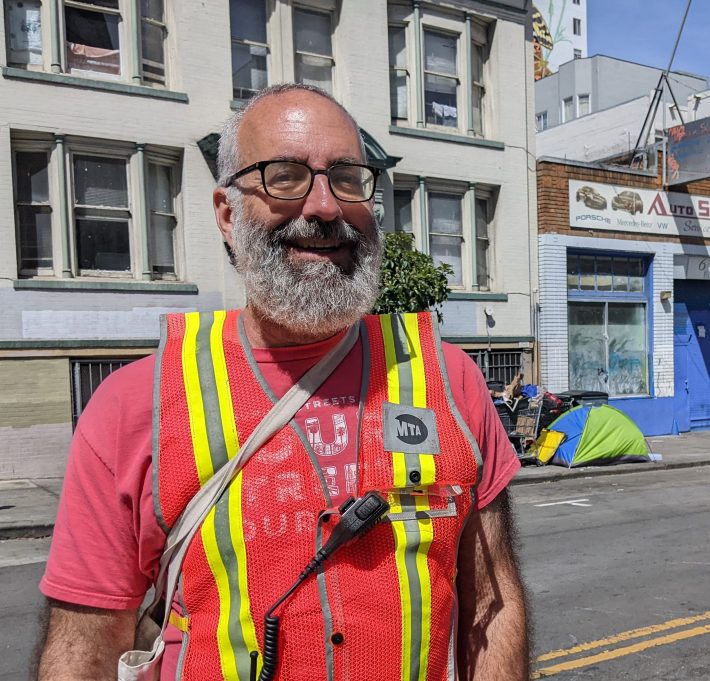
In March the International Energy Agency (IEA) released a ten-point plan to reduce dependence on Russian oil by half within four months. Many things on the list fall into the ‘making better individual choices’ basket. Some folks say individual choices don't matter and only systemic change really works. It’s true that if we engage with the world only as consumers, and not as citizens and stewards, we'll be constantly conned and frustrated.
But individual choices still matter. And systemic change doesn’t happen until a critical mass of people resolves to live differently.
So here's my list of near-term solutions for food, buildings, and sustainable transportation:
- Walk, bike, and take transit more. Every trip you don't take in your car makes a difference. You might be surprised how well it works – and how much you enjoy it. But if you don't, don’t just say “see - transit/walking/cycling doesn’t work for me - we need systemic change!” Start being that change. Figure out why it's not working – was there no sidewalk, crosswalk, stop sign, or bike lane where there should have been one? No route map or place to sit at the bus stop? Did the bus not get you where you needed to go? Did it get stuck in traffic? Then start demanding things get fixed – not on social media, but directly from your local decision-makers. Send a letter or email, and/or make a phone call. Start a petition. Testify at a public meeting. Write a letter to the local paper.
- Don't waste food. The Russian invasion of Ukraine is disrupting the global food system. That will mean more expensive food for those of us who can still afford it and hunger for those who can't. So finish those leftovers. 'Shop the fridge' or the pantry before you go to the store or order take-out. Restaurants waste a lot of food and transporting takeout burns fossil fuels.
- Eat lower on the food chain. How we get our calories matters. Some foods, notably beef, have enormous environmental impacts compared to others that give you the same nutritional value. The more plant-based your diet is, the less impactful it's likely to be.
- Eat local. The globalized food chain is fossil-fuel and resource-intensive. So get what you can from the local grocer or farmer's market. Grow some food of your own, even if it's just a pot of herbs or a fruit tree. Studies show that people who grow their own food eat healthier, even if they are still mostly shopping; it gets you to think about what you eat and where it comes from.
- Demand better public transit frequency. Most of the US is sprawl, which is difficult to serve well with transit. Much of Australia and Canada are sprawly too, but they use transit much more often than people in the US. The difference isn’t land use, or that Canada and Australia have better rail transit. The difference is that buses in Canada and Australia run more frequently. Improving transit frequency can be implemented in months, while building better rail transit or bus rapid transit takes years.
- Reclaim road space in your community for better walking, cycling, transit, and public space. Cities around the world did this, quickly and cheaply, as pandemic emergency measures. All of them saw more people walk and bicycle. It saved lots of local businesses too. We just need to keep at it.
- Reform parking. We massively subsidize parking, requiring way more than we should. All that parking ends up increasing the cost of everything else, from goods to housing to government. Requiring and subsidizing parking also generates more traffic. Pricing parking right -- adjusting the price so that some spaces are freely available at all times -- encourages wiser use of cars and public space and reduces cruising for parking, a contributor to traffic and pollution. Asking users to pay the direct cost of driving and parking encourages folks to avoid unnecessary trips and use sustainable transportation more often. See Don Shoup’s work for the theory and practice of how to do it.
- Low-cost building retrofits. When your furnace or heater needs to be replaced, don’t just replace like with like; get an efficient electric heat pump and fan, and put some of your investment into better insulation so you can get by with a smaller unit and use it less often. When it's time to replace your cooktop or hot water heater, go electric. Put solar on your roof if you can.
- If possible, live in 15-minute neighborhoods. Neighborhoods where you can walk or cycle to most daily needs reduce fossil fuel use and conserve land. If you live in one, you walk and bike to more things, shop at local stores, and pick up your own take-out rather than use a delivery app that just makes someone else burn fossil fuel for you.
- Advocate for missing-middle housing, so more people can live in 15-minute neighborhoods. Lean Urbanism is a great resource for figuring out how - they have useful checklists and off-the-shelf zoning fixes. Zoning changes don’t cost anything and can happen quickly, yielding transformative results over time.
There’s a lot more that could be on this list. Please share it around, or put together your own list and share it. Everybody I know is appalled and dispirited by this war and the climate emergency. Let’s support one another and do something about it.
***
Tom Radulovich is Executive Director of Livable City
Read More:
Stay in touch
Sign up for our free newsletter
More from Streetsblog San Francisco
Valencia Merchants to SFMTA: We Want Curbside Protected Bike Lanes
Valencia merchants association strengthens support for getting rid of the failed center-running bike lane and replacing it as soon as possible with curbside protected lanes
S.F. Fire Apologizes for Tweeting About Imaginary Bike Rule
There is no rule in California that says cyclists have to ride single file
